This was the last post we published where we took some of the supporters of 'liveable neighbourhoods' and 'fifteen minute cities' to task for their seeming fanaticism and reluctance to listen to legitimate criticism: Nuance, grey areas and actually listening 28.2.24. It really does feel like a culture war is being set up between drivers on the one hand and on the other, those who walk, cycle and rely on public transport to get around. We've made it clear on quite a few occasions that the two of us behind this project don't drive. However, we refuse to get dragged into a culture war between divers and non-drivers. That's because we refuse to play along with games of divide and rule.
You may well ask what drivers and non-drivers actually have in common and why anyone would want to foster division and hostility between them. It's down to the simple fact that the way society is set up obliges all of us to have to move around quite a lot. That takes in commuting to and from work, shopping, leisure, visiting friends and family, accessing healthcare, education...the list goes on... Too much is made of the modes of transport people choose to use in relation to the obstacles we all face, drivers and non drivers alike, in getting around.
With the implementation of 'liveable neighbourhoods' and Clean Air Zones in our cities, understandably there has been a lot of discussion as to how this will impact drivers. The thinking behind these schemes is to deter drivers from using their vehicles and force them to consider other modes of transport. Those other modes of transport being bus, train, cycling and walking. As non-drivers, we have a lot of experience of using what passes for a public transport network across the Avon region and also, walking on pedestrian infrastructure that in a fair few instances is not fit for purpose. You would think that if drivers are being forced to consider other modes of transport, the alternative options they have in front of them would be attractive and welcoming to use. Let us tell you that from our bitter experience, that's far from being the case: A war on movement? 22.4.23 and: A war on non drivers... 26.2.23.
Broken, uneven, narrow pavements do not make for a pleasant walking experience. This applies to Bristol, Bath and also where we live in Keynsham. Stout, robust footwear is all too often, a necessity:
Then there's the so called 'active travel' option... It depends what you mean by 'active', doesn't it? When it comes to Bristol, as you can see from the above images, all too often 'active travel' means negotiating flooded pedestrian underpasses and trying to not trip over on broken and uneven pavements. Walking around Bristol involves a lot of 'active' in dealing with pretty rough terrain. If the likes of Marvin Rees and Dan Norris want us to walk around more, the least they can do is spend some money on making walking around the cities and towns in the region a less hazardous and more pleasant experience.
There's this as well:
What makes a city work is attention to detail. One major detail being the pavements we walk upon. Walking around Bristol, whether it's in the city centre or further out in places like Easton, Speedwell and Bedminster, the one thing you'll swiftly notice is that the pavements are in an utter state. Broken slabs, uneven slabs, roots lifting slabs or tarmac, pedestrian underpasses that flood after heavy rain, the list of what makes walking round Bristol a shit experience goes on and on... To be honest, the same pretty much applies to most towns and cities across the country as local authorities have seemingly forgotten how to deal with getting the basics right.
As an aside regarding the narrow pavements, for some weird reason, they seem to be a thing in West Country towns and cities in a way they weren't when we were living back in Essex.
Bus travel is a fraught business as short notice cancellations continue to plague the lives of passengers. As for rail, let's just say that after eighteen months of using the services provided by Great Western Railway, we didn't realise how lucky we were with the train service provided by c2c!
There was a pretty decent network around the region until the misguided cuts in the 1960s destroyed a fair sized chunk of it. What's left of the local rail network leaves a lot to be desired. Living in Keynsham, it's great that we can get to both Bristol and Bath in under ten minutes once we're on the train. The problem is that on average, there's only one train an hour to either destination. Quite often, that will be a two or three coach diesel multiple unit that has seen better days. If you get a four coach unit turn up, you've hit the jackpot! Then there are the delays.
Here's a more general summation of where we think we're at with the war on movement:
When we don't even get the basics we should expect in a so called civilised society, we can be forgiven for thinking that there is in fact, a silent war against non-drivers. The bullshit about 'active travel' and so called 'fifteen minute cities' is a million miles away from the reality of having to negotiate a public transport system that's in the early stages of collapse along with a pedestrian infrastructure that's crumbling. I appreciate how those who have no alternative to drive are getting shafted. All I'm asking in return from drivers is an understanding of how shite it is for us non-drivers. Without wanting to sound like a conspiracy theorist, it really feels like all of us, drivers and non-drivers alike face a future of restricted mobility. Maybe it's time to get past the attempts to divide us...
Rather than carry on repeating what we've already written and said about the state of the pedestrian infrastructure and what passes for a public transport network where we live, we recommend you look at the posts in this list: Posts on movement.
On the one hand, drivers are being cajoled into leaving their vehicles at home and finding other ways of moving around. On the other hand, when they do that and try an 'alternative' option, all too often, they find them somewhat lacking. From buses that suddenly don't turn up, through to trains that are infrequent and short formation and onto a pedestrian and cycling infrastructure that both leave a lot to be desired, you can understand why drivers will only give up their vehicles if they've been forced to.
While drivers and non-drivers are pitted against each other in a deliberately stoked culture war, attention is diverted from the question of just what the f**k is going on with the way restrictions seem to be getting placed on all forms of movement. To date the divide and rule merchants have done a pretty thorough job of dividing drivers and non-drivers in a toxic culture war. The more astute people are starting to ask questions as to what agendas are actually getting played out while we're at each others throats.
Think back to the Covid 'crisis', and the lockdowns we were put through in 2020 going into 2021. There was, to a greater or lesser degree depending on where you were and the level of compliance or resistance, a concerted effort to restrict people's movements. This was supposedly done in a bid to control the spread of infection. Whatever the justifications that were being used, it was a very useful test bed for the authorities to see how far they could go in imposing control measures, particularly when it came to restricting the way people moved around. Which is one reason why we raised this question: Is a 'climate lockdown' coming? 26.7.23.
Ostensibly, the climate crisis is and would be the justification given for any attempts to restrict the way drivers can use their vehicles. However, when you consider the non-driving options on offer, which are all pretty crap to be honest, then it starts to become clear that it's not about reducing vehicle emissions, it's actually about restricting and controlling all of our movements, regardless of what mode of transport we use. It's about forms of social control which attempt to lock us into a control matrix where pretty much every aspect of our lives are digitised and commodified. A digitisation and commodification that's an integral part of the great reset, a.k.a. the Fourth Industrial Revolution (4IR).
I'm pretty certain that the majority of people campaigning for so called 'liveable neighbourhoods' and 'fifteen minute cities' are actually quite well meaning, albeit misguided when it comes to their unwillingness to look at how their concerns are being cynically exploited for some pretty sinister reasons. No reasonable person actively campaigns for a society where pretty much every aspect of our lives are digitised, commodified and all of our movements are monitored and controlled. It's just that the real agenda behind many of these supposedly 'green' initiatives is a long way from the ideals people think they're campaigning for.
We're not blind to the fact that we live on a finite planet and that we can't go on as we are. Some pretty radical changes are needed to enable us to live in harmony with the planet that's our home rather than rapaciously continuing to exploit it. The big question is, on whose terms do those radical changes come about? With the 4IR seeking to digitise and commodify pretty much every aspect of our lives while restricting our movements and what we can and cannot do while the super rich continue to lead their lives untouched, it's pretty clear that this is not on our terms at all. To put it bluntly, the super rich turn the screws on us to drastically reduce our consumption while they continue to amass and flaunt their wealth at our expense. It's this and many other points that we attempted to address in this piece: The future of movement on a finite planet 21.2.23.
It's going to be a tough call because the system we live under is geared towards an assumption of near universal car ownership. From housing through to employment, things are structured in such as way that the majority of the population have no choice but to drive, otherwise they'd be leading very limited lives. Because it feels like we're locked into a system that's structured in such a way that it's difficult to escape from it and live in a more sane and sustainable way, the majority of people feel there's no option but to keep their heads down and make the best they can of things as they are. It's almost like Stockholm Syndrome where people who can see no alternative identify with the system, even though it's ultimately dragging all of us towards a cliff edge. Also, the enormity of the task of pretty much completely reconfiguring the way we live is such a daunting prospect and would involve so much upheaval, people understandably don't want to think about it.
There are no easy answers to any of this. We certainly don't pretend to have the answers, that would be arrogant in the extreme. It's something that all of us have to collectively work towards. A key part of being able to work towards a sustainable but also free future is recognising when we're being played and pitted against each other in a series of toxic culture wars. The one between drivers and non-drivers being a classic example of how people are letting themselves get played by people with very dubious agendas. Believe it or not, we're all in this together. We share one planet. We'll be far better off co-operating with each other rather than allowing ourselves to be pitted against each other. That's why we need to tell the divide and rule merchants to sling their hook!


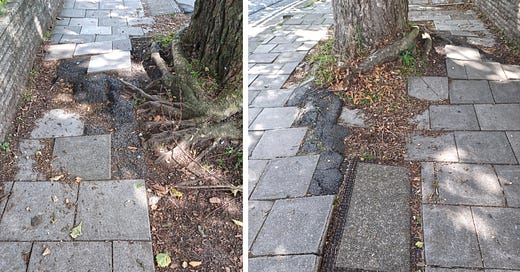




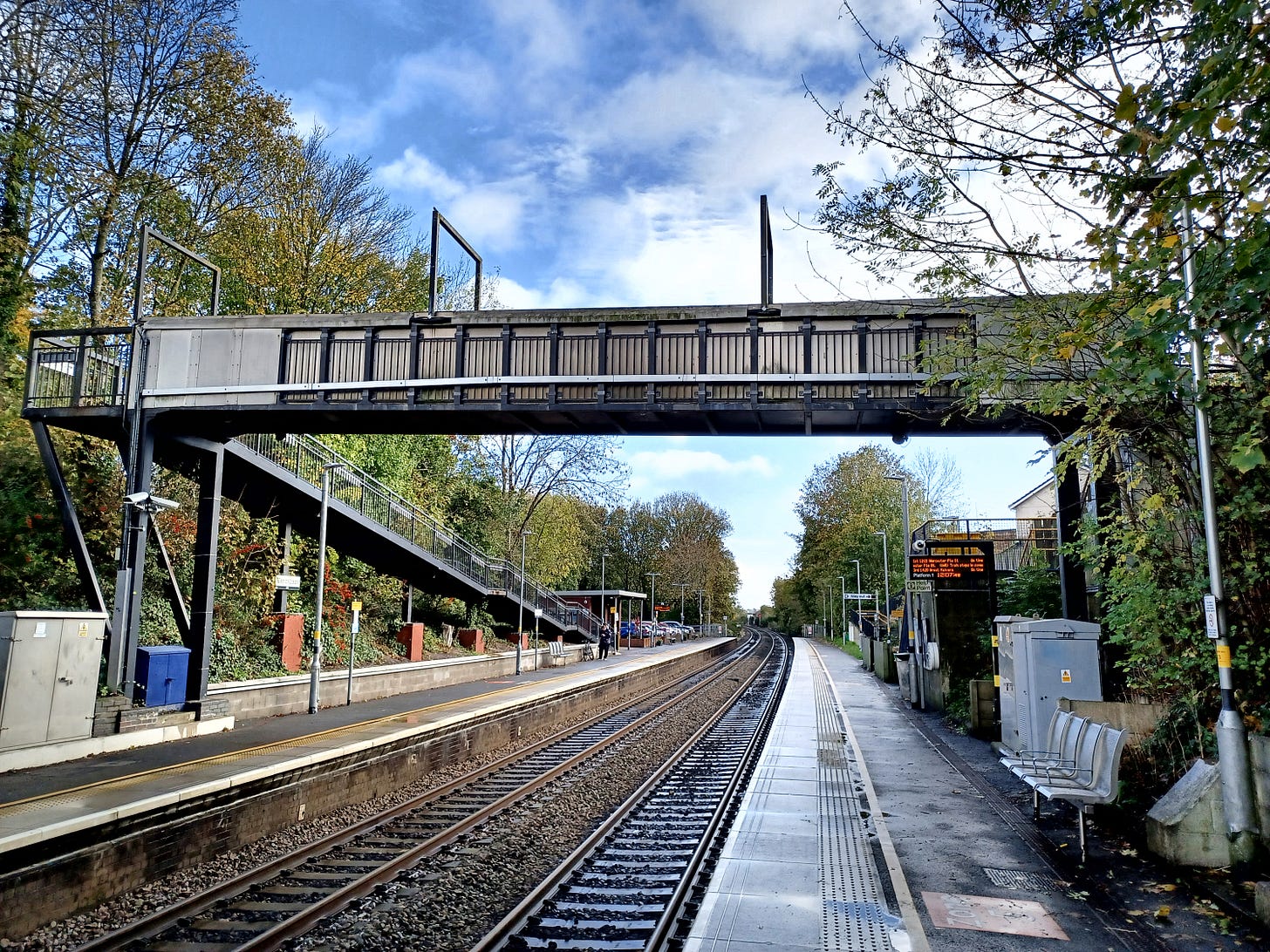
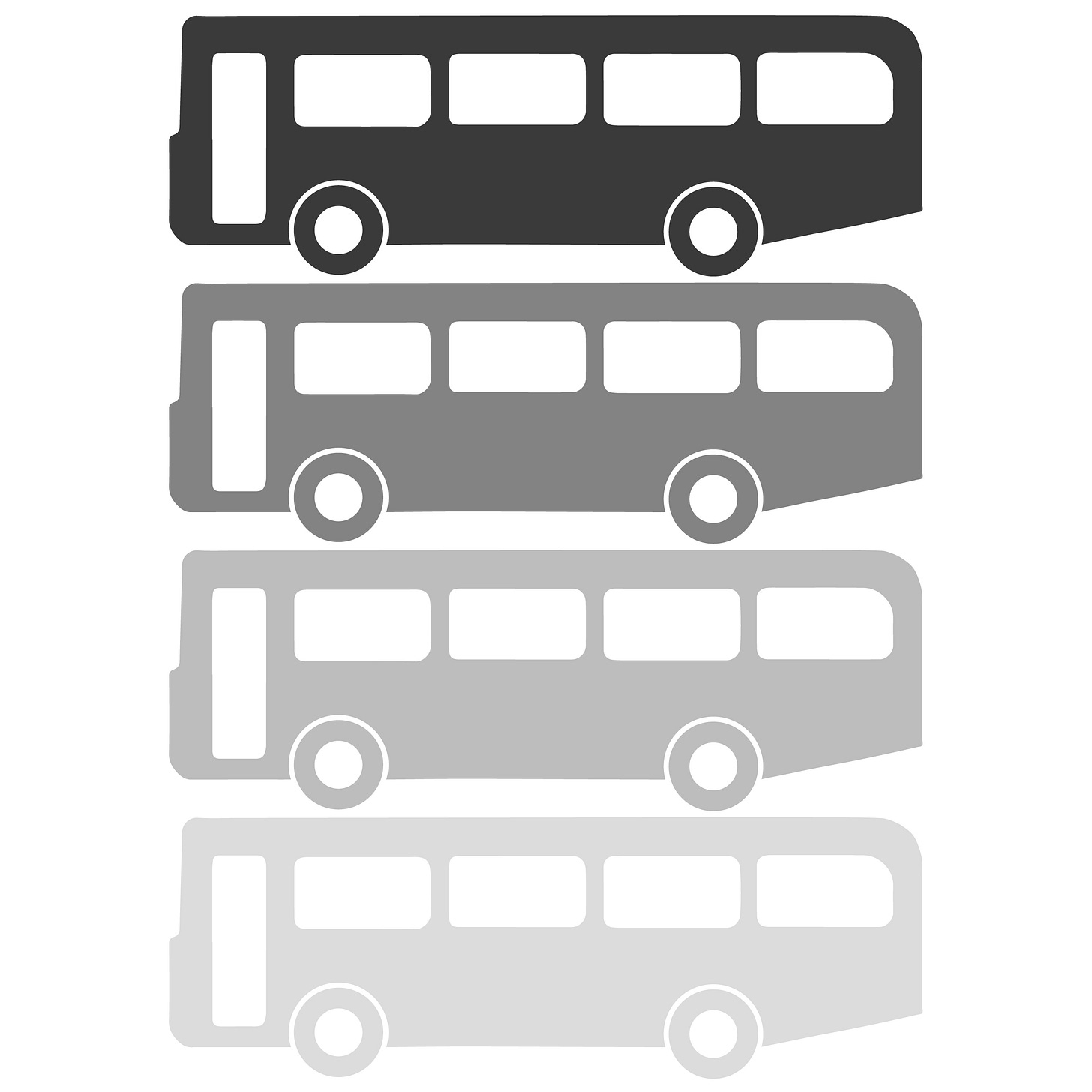
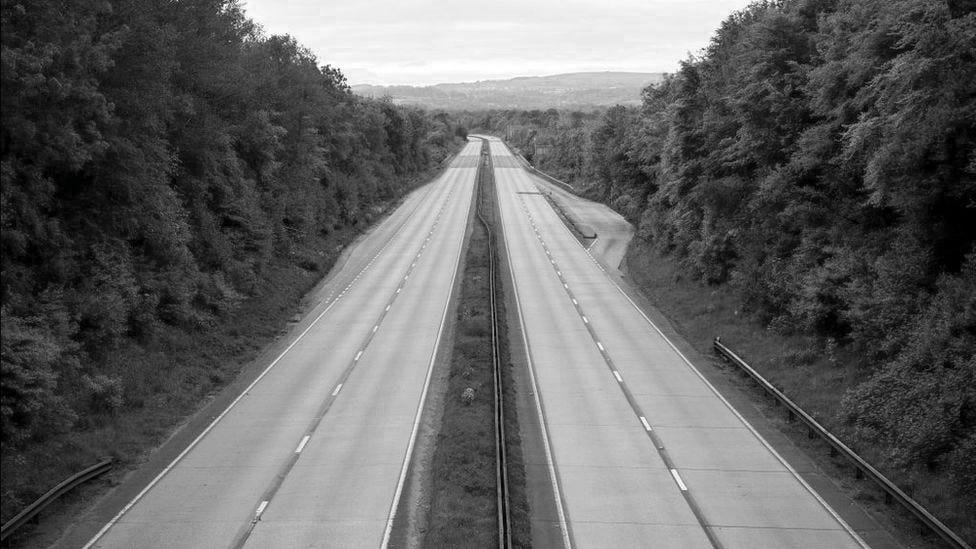

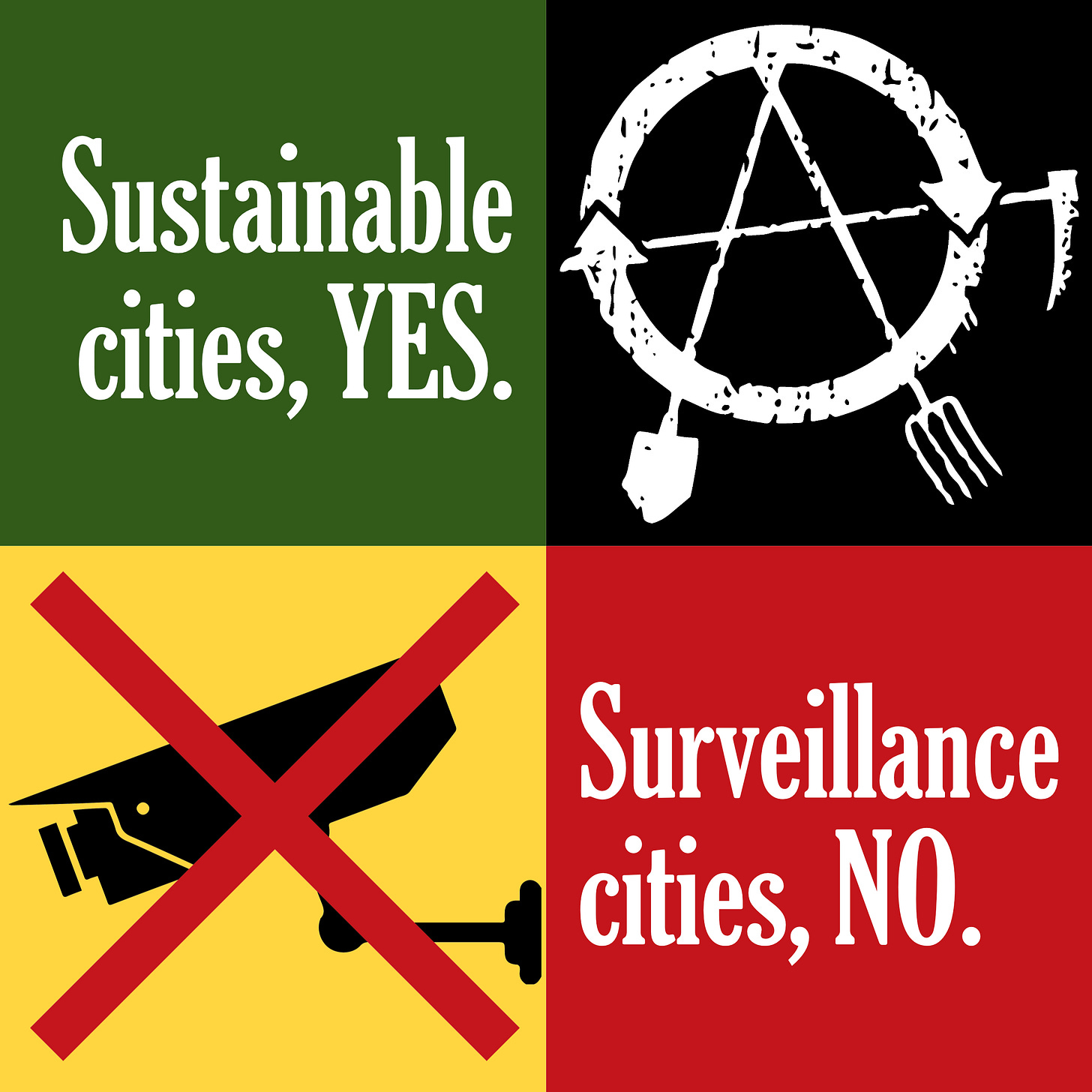
Superb.
We have a human created worldwide environmental crisis.
We can save the environment, stop polluting, and let plant and animal species recover. If we choose to.
But we don't hear a big push to do that.
Instead we are told to regard carbon dioxide as a poison and to accept a future of limited freedom of movement, cold houses, poverty and misery.
"Liveable" = "Restricted"